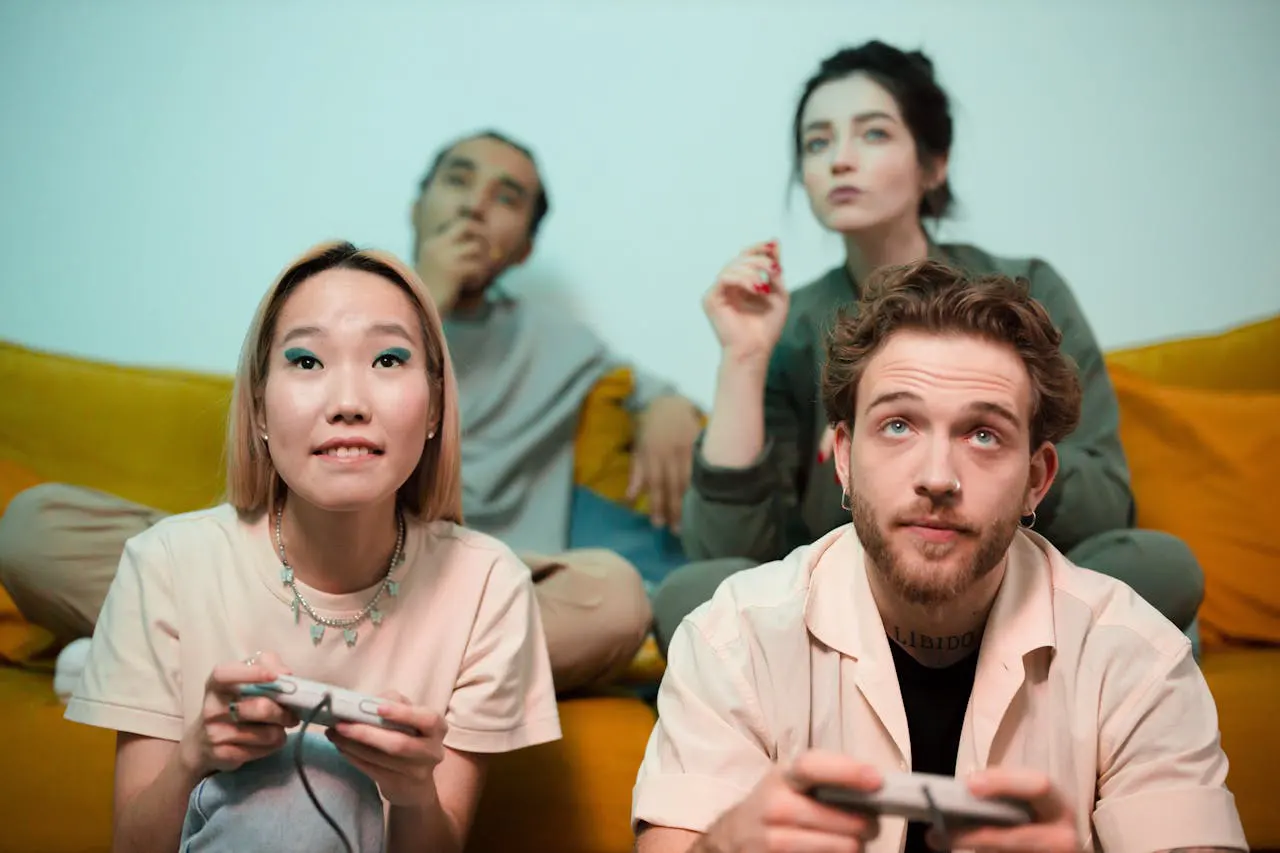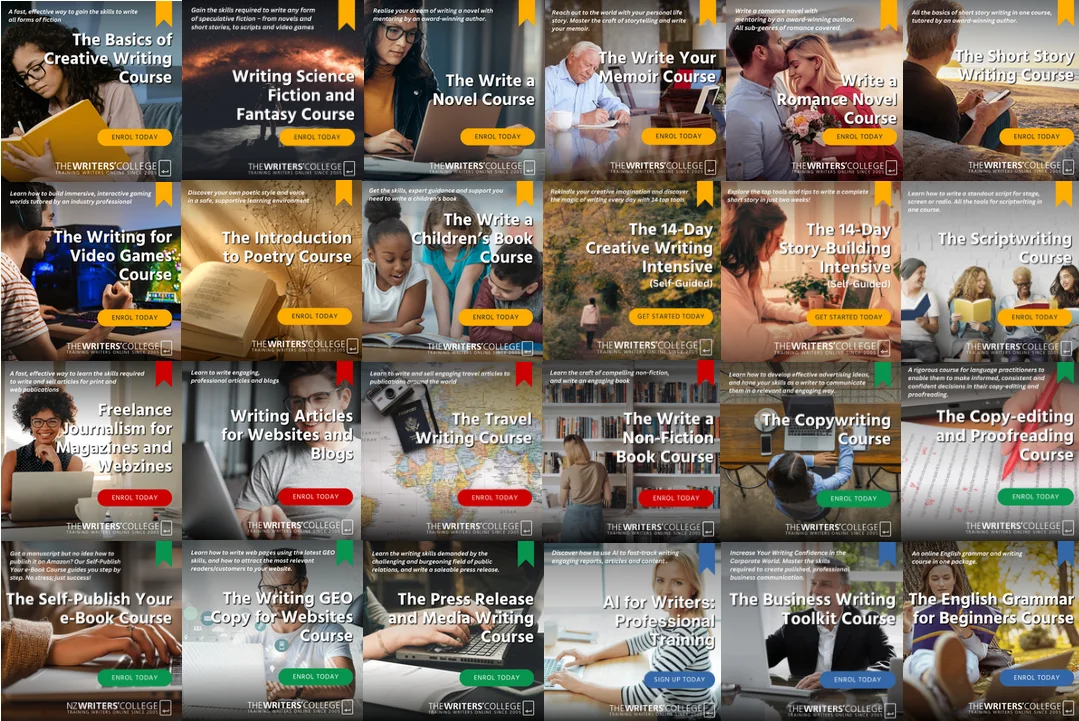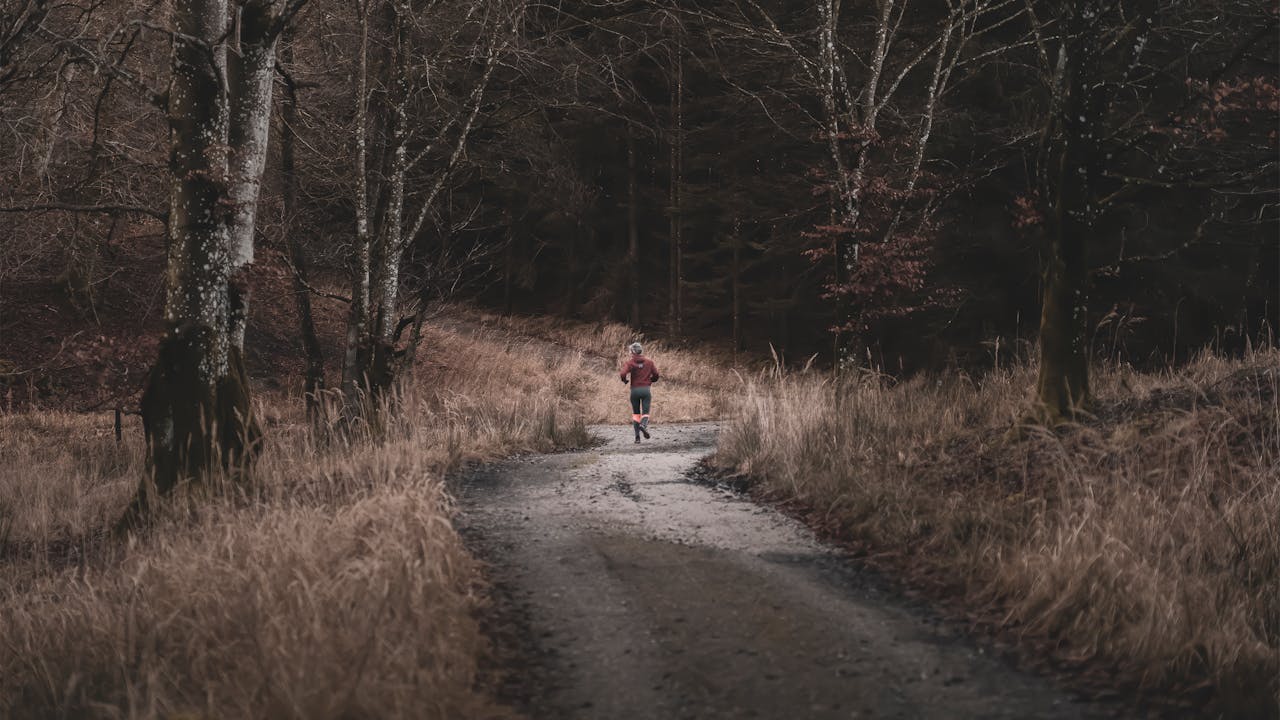In an age of rapid technological advancement, moments of unhurried creation hold a special power. We may lose far more than we imagine when we push creativity out of our lives.
BY EMMA DU PREEZ
Recently, while walking my dogs along a creek, I encountered a painter with his easel on the river bank, reminiscent of a bygone era. There he sat, under a tree by the rippling water, his golden retriever basking in the sun, carefully translating the vibrant life around him onto canvas. The act itself was a homage to presence: no shortcuts, no algorithms. Just the quiet interplay of sensory immersion and careful effort.
The setting brought to mind John Dewey’s reflections on art as a mode of experience. Dewey, a psychologist who is considered to be the father of progressive education, argued that the act of creating is as meaningful as the product.
The painter’s choice to engage so fully in his art mirrors the core of why I write. Writing, like painting, can be an act of joy – a way to momentarily suspend time and explore the contours of our inner and outer worlds.
Writing for joy
Virginia Woolf famously wrote about “moments of being,” those rare instances of clarity and connection that pierce through the mundane. Writing, for me, facilitates those moments. The pleasure of selecting just the right word or constructing a resonant phrase brings a full-body satisfaction.
Writing is not merely a task. It is a form of play – a return to the primal delight of creating for its own sake.
Writing for meaning
Beyond joy, writing serves a deeper purpose. It is a tool for introspection and meaning-making. And the search for meaning is an intrinsic human drive, according to Professor of Neurology and Psychiatry Viktor Frankl. Writing compels us to navigate the labyrinth of our thoughts. It reveals insights that might otherwise remain hidden. The practice becomes an excavation, revealing not only who we are but also how we relate to the world around us.
Writing as resistance to automation
Today, AI-driven tools like ChatGPT and Midjourney dominate the creative landscape. They’re useful, certainly. But their rise makes it all the more urgent to reaffirm the human elements of creativity.
Automation has its place. Yet, as American poet Wendell Berry has warned, unchecked reliance on technology jeopardises our connection with practices that nourish our humanity.
The neural pathways we engage in crafting prose or painting are vital. They are expressions of intellectual and emotional agency. Each time we choose to outsource these tasks, we weaken the muscle of creativity. We risk creating work that, while efficient, lacks the spirit, depth and authenticity of human effort.

A call to creative renewal
The next generation, shaped by the endless scroll of digital media, faces a particular challenge. To reclaim a slower, more reflective mode of being is no small feat, especially if young people have never known a gentler pace of life.
In her book Gravity and Grace, French philosopher Simone Weil observed that attention is one of our most precious, rare resources. Full attention, she said, is akin to a prayer. To cultivate it, we must resist distractions. We must carve out space for undirected, intrinsically motivated creation.
This coming year, my challenge is simple. I will make time for writing – not for an audience, not for metrics, but for the quiet satisfaction it brings.
This longing to create is part of our humanness. It is timeless. The riverbank waits, as it always has, offering a space to reconnect with the essentials: the self, the act of creating, the moment.
About the Author
Emma du Preez is a former journalist whose young adult children are about to leave the nest. When she is not eyeing up travel adventure brochures, she pens short pieces for blogs and is slowly gathering up the courage to write her first novel on a writing course.












